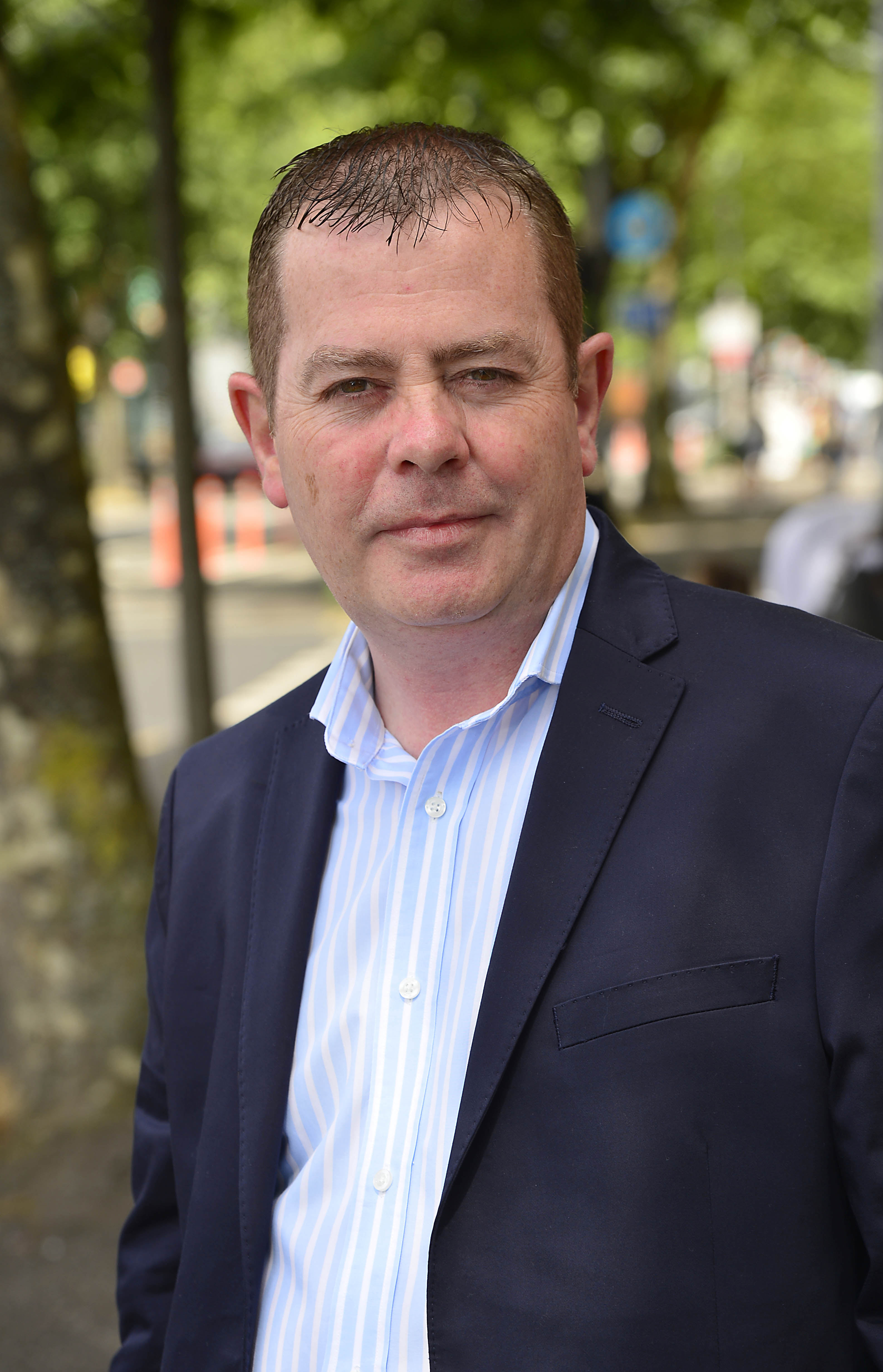An incident between a gay man and his manager, which led him to lodge a complaint of harassment on the grounds of sexual orientation, has ended with his employer settling the case, with no admission of liability, for £2,000. The case was assisted by the Equality Commission for Northern Ireland.
Rory Harbinson works for the Belfast Health and Social Care Trust. In July 2019, the Trust had advertised the upcoming Belfast Pride event on its staff intranet, seeking volunteers for its stand and encouraging staff to take part. He printed out the associated posters and put them on public display in his place of work.
When Rory came into work the next day, most of the posters had been taken down. He says that another member of staff told him that the manager had taken them down and had said ‘he [that is, Rory] would not be one bit happy’ about it. He says that when he asked her why she had removed them, there was a bad-tempered exchange. He says he answered that he was not going to get into a debate with her and walked away.
Rory says the manager came into his office some ten minutes later in a very aggressive manner, shouting at him and carrying the posters that she had removed. He tried to explain that the Trust was promoting Belfast Pride and had invited staff to promote it. When he said that she could be perceived as homophobic, she said: “Oh here we go.”
Rory says: “I was glad to settle this case, it was a very unpleasant experience and I felt shocked and humiliated by the whole episode. It seemed that putting the Trust posters up brought all this anger and hostility down on my head. It was not just taking down the posters, but the way I was treated after this incident that I found so hard to accept. I felt that my being gay made the posters somehow more offensive to my manager. And I’m very grateful for the support of the Equality Commission throughout.”
Anne McKernan, Director of Legal Services at the Equality Commission, said: “It is only a few weeks now until Pride Weekend in Belfast. There has been massive progress towards equality for gay people in Northern Ireland but, in terms of attitudes, we know we still have some way to go.
“What should employers do? This was an incident that escalated and ended up in a discrimination case. There were two main issues involved here. The first is to do with the removal of the posters. Our view is it is legitimate for an organisation at corporate level to endorse the principles of equality and diversity and to promote those goals. So when an employer commits to supporting and promoting an initiative like Belfast Pride, it should ensure that there is clarity around the promotion of its material within the workplace and that all employees are clear on this.
“The second is that promoting dignity and respect for and amongst employees is a critical part of developing a good and harmonious workplace. The law is there to protect people from discrimination and harassment as well as any other less favourable treatment because of their sexual orientation. Where a policy is in place, as it is in the Trust, employers need to make sure that all staff know what behaviour is acceptable in the workplace in dealing with their colleagues. It’s a good thing to have a Dignity at Work policy to set this down formally.”
In addition to paying £2,000 without admission of liability, the Trust also re-affirmed its commitment to the principle of equality of opportunity and that it will continue to ensure that it conforms to all relevant equality legislation applicable to Northern Ireland. It has also agreed to liaise with the Equality Commission in respect of its policies, practices and procedures.


